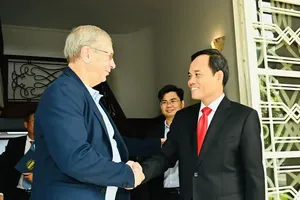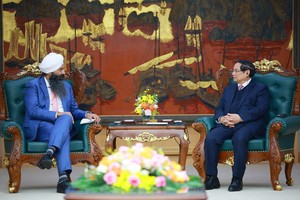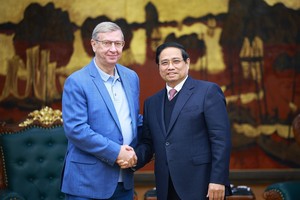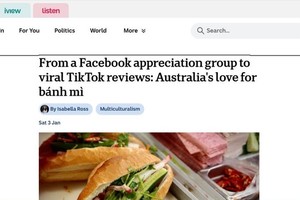WASHINGTON, Jan 28, 2010 (AFP) - President Barack Obama's aim of doubling US exports within five years is an ambitious goal that will be hard to achieve without a broad effort to bring down trade barriers, analysts say.
Obama's initiative announced in his State of the Union speech would require sustained export growth of some 15 percent, which has not been achieved since the period of 1976-81.
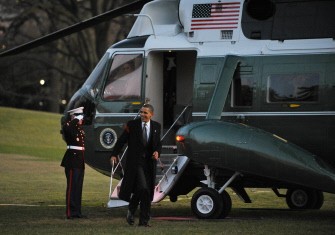
The United States is the world's third largest exporter, having lost the number one spot to Germany in the 1990s, with China expected to rank first in 2009.
US exports have been falling during the global economic crisis, although a weaker dollar has helped limit the losses. Overall exports for 2009 are likely to have dropped by at least 15 percent, with full-year data expected in early February.
Still, Obama's effort drew praise from many business leaders.
"The president's proposal to double US exports over the next five years and in turn create two million jobs will in part hinge on whether the United States can open new markets," said Bill Reinsch, president of the National Foreign Trade Council.
Reinsch said much will depend on "a successful outcome" to the Doha Round of global trade talks, and ratification of free-trade agreements (FTAs) with Colombia, Panama, South Korea and others.
The Doha Round of talks under the World Trade Organization has been stalled for years over differences among key trading blocs, with some blaming Washington for its stance.
Obama said the United States "will strengthen our trade relations in Asia and with key partners like South Korea, Panama, and Colombia" but did not explicitly call for Congress to ratify trade treaties with the three countries.
US Trade Representative Ron Kirk said Thursday that the president seeks "to bring a close a seven-year effort to bring a new world trade enhancing model -- the Doha Round" and supports "a more forward-looking initiative of ours in shaping and taking advantage of the opportunities that lie ahead with the incredible growth that’s going to come in the Asia Pacific region -- the Trans-Pacific Partnership."
The Business Roundtable, a grouping of chief executives of major US corporations, welcomed what it called Obama's "proposals for increased international engagement."
"We believe now is the time for Congress to pass the FTAs pending in Congress as a first step towards the enhanced international trade and investment that is essential to growing the US economy and creating more and better-paying jobs," the group said.
But some analysts were skeptical.
"There are different ways you can stimulate exports, but what you cannot do is provide the domestic demand growth in your customer country to achieve that goal," said David Rosenberg, economist at Gluskin Sheff & Associates.
"They can do it through tax breaks or subsidies for selected industries, for example, but that is protectionism and there are international trading rules that frown upon that sort of intervention."
Rosenberg added that "something tells us that this goal of doubling exports in a five-year span is going to include a further depreciation of the US dollar as that will basically allow US producers to de facto cut their prices in the global marketplace and as a result lift their market share."
Economist Andrew Samwick at Dartmouth College said that Obama "sounded like a good old-fashioned mercantilist" in comments claiming that boosting exports could create two million jobs.
"I don't think that's a reasonable projection, but it does signal a different way of talking about what's important in economic policy," he said.
